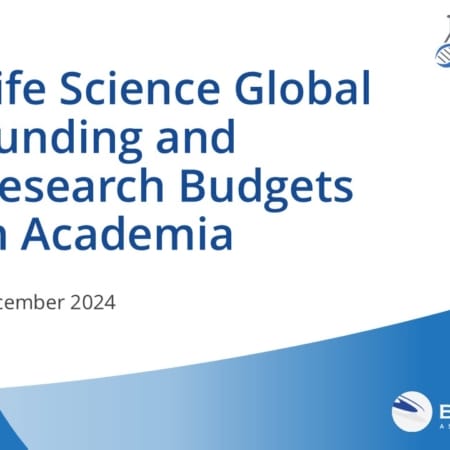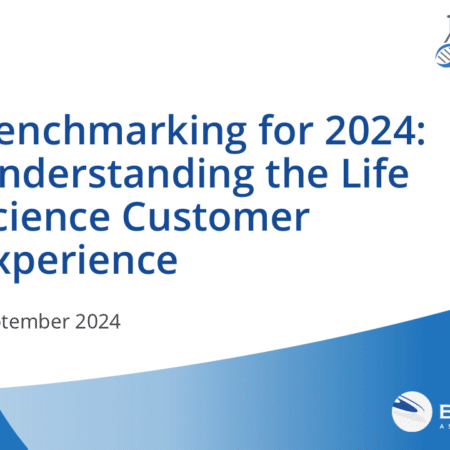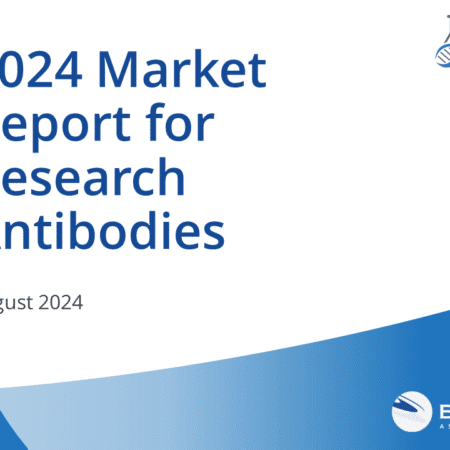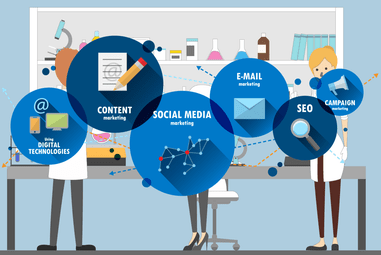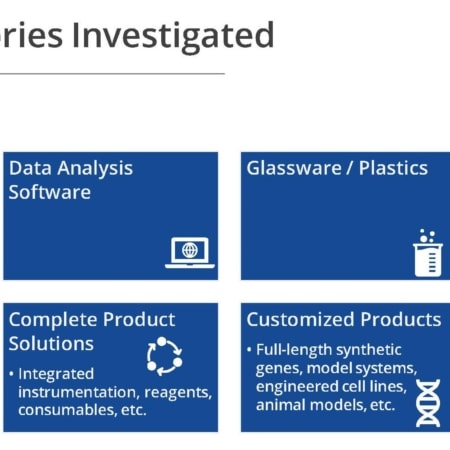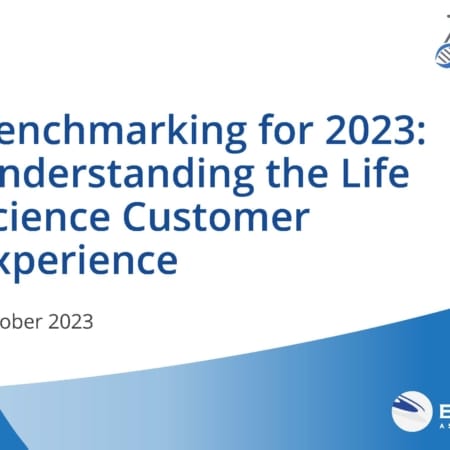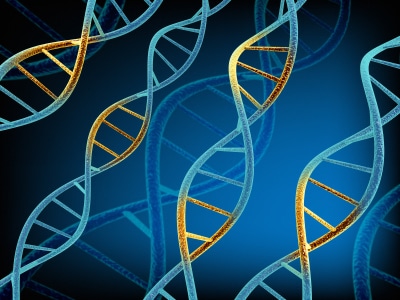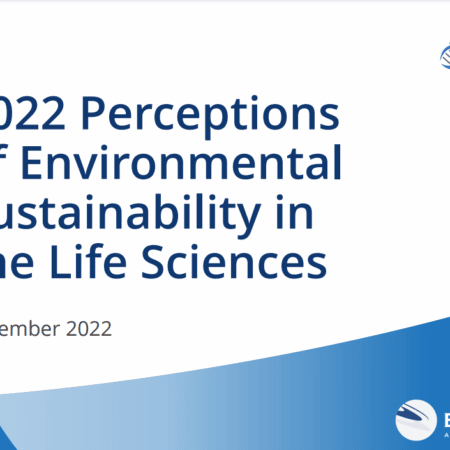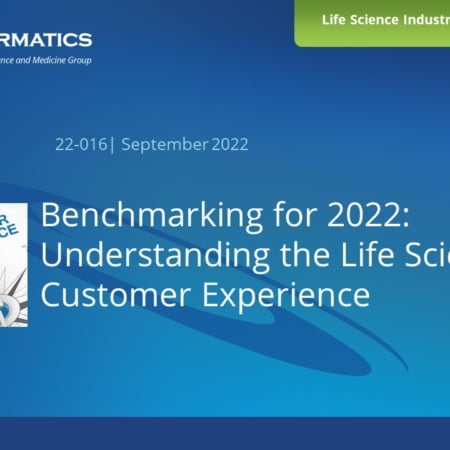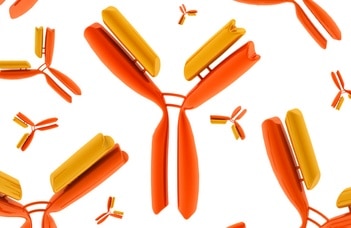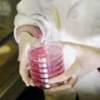
Life science instrumentation includes 13 distinct technologies, all of which analyze some aspect of living organisms. DNA sequencing and synthesis devices are used for research into the structure of DNA molecules, leading to information about genetic codes and the possibility of modifying this code to produce species with certain desired characteristics. Protein instrumentation is very similar to DNA instrumentation, but studies the protein structure as it contributes to disease and immunity, to nutrition, and to all sorts of biological processes. Life science consumables represent products in the lab that are specifically designed to support the study of living things, often with nucleic acids or proteins as a target or probe. This market is especially dynamic, as it covers techniques that are at the forefront of medical science and healthcare.
- Sort by
- Display 15 Products per page



